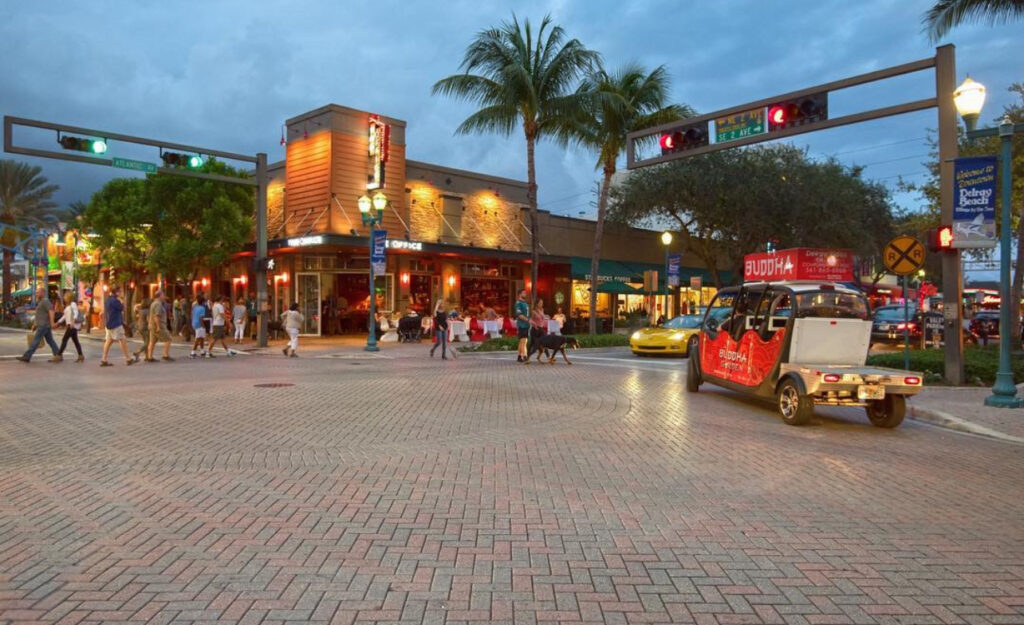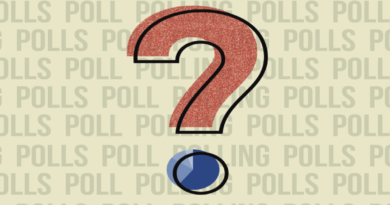The “Typical” College Experience
Adapting to College Culture
By Gabi Drobot, Staff Writer
When coming to college, the average student may expect an experience like the one shown in the media, which are long nights, giant parties and meeting new people. Recently, iPulse spoke with students about adapting to college life.
Seeking to balance college life with academics, self-care and healthy habits can make it feel like there are not enough hours in the day. Students tend to struggle with prioritizing living the typical college experience or center one’s focus on success.
“Before college, all I heard from everyone was to have the most amount of fun because it flies by so fast,” said Giulia Serero, a junior. “This always sticks in my head and makes decisions so tough, like do I stay in and get a good night’s sleep or go out with my friends because I’m running out of time?”
College generally lasts four years, and the standard consensus surrounding the culture is to enjoy it to the fullest before it is time to enter the real world. This idea can come with harmful habits often deemed acceptable for college students, such as binge drinking.
“I noticed when I take part in the typical party scene, I lose my productivity for the entire next day because of feeling tired,” said Emma Jones, a senior. “It gets really difficult when I feel like I’m missing out, but I also want to maintain a productive schedule.”
Instead of typical college partying, students can partake in safer activities such as spending a relaxing Saturday evening on Atlantic Avenue in Delray Beach or having a nice dinner with friends followed by seeing a movie. The stigma that has been instilled into students’ brains can be harmful to their academic success and physical health. According to the National Institute on Alcohol Abuse and Alcoholism, partaking in binge drinking can cause a significant decline in mental health.
“The past few years, I noticed I have much more fun going out with friends and not drinking,” said Olivia Mannino, a junior. “Not only do I feel better physically, but my anxiety has decreased a ton since I cut back on alcohol.”
As alcohol is a depressant, it is pervasive for anxiety and overall sadness to be increased after consuming alcoholic drinks. If you or a loved one is struggling with alcoholism, please contact Lynn’s Counseling Services at + 1 561-237-7237.






